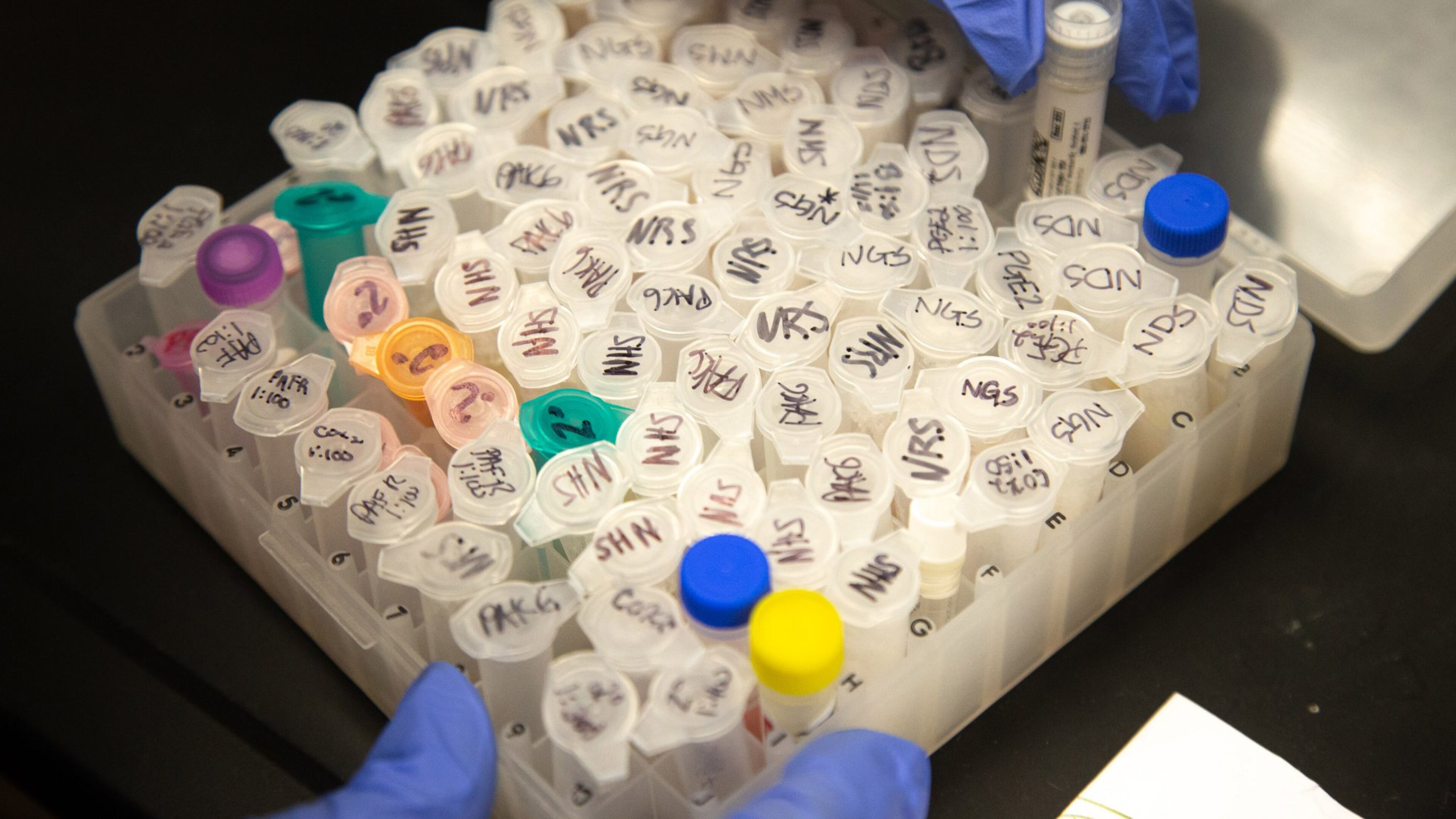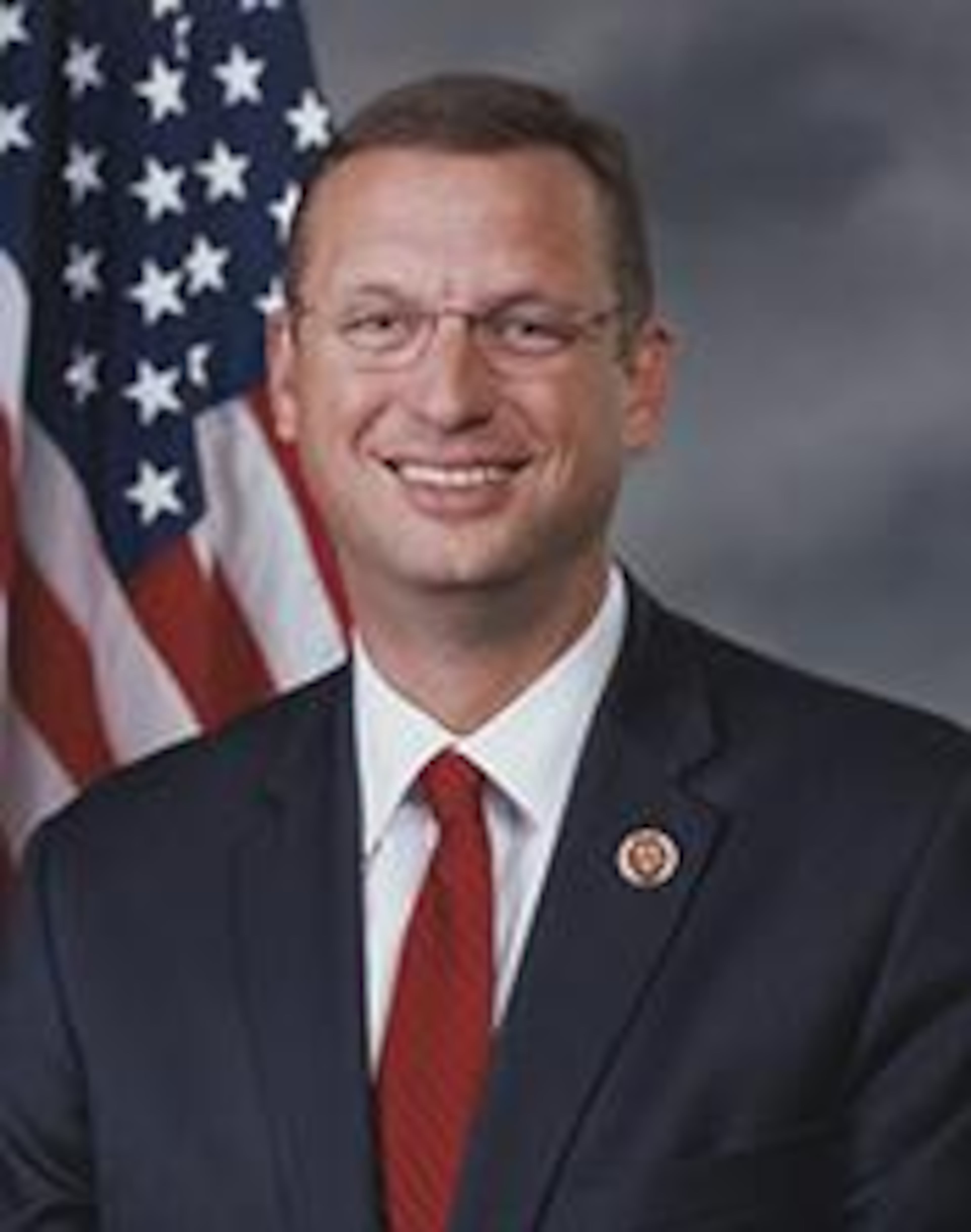Protect Georgia innovation by preserving the law that enables it

The Biden administration has put forward a new policy framework that would upend the 1980 Bayh-Dole Act, a bipartisan law that has supported millions of jobs and led to the creation of thousands of venture-backed startups.
I worry this proposal would wreck the engine powering innovation and job growth in Georgia — and hope it’s quickly withdrawn.

The Bayh-Dole Act allows universities to file patents for promising discoveries they make with the help of federal dollars. Startups can then license those early-stage discoveries from universities and, often with the help of venture capital, transform them into real-world products that benefit consumers.
Under this ingenious system, taxpayer resources help underwrite early-stage research, while private capital fuels the arduous process of translating that research into useful inventions.
Everyone wins. Universities typically collect fees or royalties that are then reinvested into future research. Startups and venture investors, if successful, receive returns. And the public benefits from life-changing products, ranging from drugs and medical devices to consumer electronics and agricultural technologies.
Georgia is a powerful case study of Bayh-Dole’s success. Startups emerging from just one of our state’s universities, the University of Georgia, generate more than $500 million in annual economic impact, with more than 200 companies spinning out of UGA research. Georgia Tech features similar startup activity and licensing success stories.
Behind the stats lies research that saves and improves lives.
Take Emory University scientist Dennis Liotta. Motivated by the exploding 1980s AIDS crisis, he leveraged federal grants into pioneering disease research. This led to two compounds approved in antiretroviral cocktails that turned HIV from a fatal to a manageable condition and saved more than 25 million lives.
Just 5 miles away, Georgia Tech professor Lakshmi Dasi’s research on cardiac care produced an AI technology that can more precisely measure the structure of a patient’s heart and spot potential surgical complications. DASI Simulations, the spinout company, has been able to reclassify previously inoperable patients as candidates for lifesaving procedures.
But Liotta’s, Dasi’s and other researchers’ discoveries might have perished in the lab without Bayh-Dole. Before the law, the government retained patent rights for any discovery it helped fund. Agencies rarely granted exclusive licenses for these patents, meaning private firms had little incentive to spend millions of dollars commercializing them. By 1980, fewer than 5% of more than 28,000 government-held patents had been licensed.
Bayh-Dole reimagined this system by allowing universities to grant exclusive licenses for patents arising from taxpayer funding. Decentralizing control of federally funded research unleashed a historic wave of private investment and innovation that continues today.
Over the past four decades, Bayh-Dole has added nearly $2 trillion to U.S. output, supported more than 6 million jobs across multiple sectors and enabled the creation of more than 17,000 startups.
The legislation has had an especially large impact on the biotechnology industry, helping bring more than 200 new drugs and vaccines to market. Today, more than 75% of all biotech firms hold licenses to university inventions. At least half these companies originated as university spinouts.
Unfortunately, a recent White House plan threatens to shake this wildly successful system to its core. The draft framework encourages the agencies to tear up exclusive patent agreements struck between universities and private companies if a federal official thinks the price of a resulting product — such as a medicine — is too high.
It’s a deeply flawed approach. For one, nothing in the law permits the government to forcibly yank patents from startups over price. The law’s architects explicitly said so. More importantly, the plan would undermine confidence in any patent associated with federal dollars, effectively making government funded research “toxic” in the eyes of venture capital investors.
Firms routinely spend millions — or even billions — of dollars commercializing inventions. This up-front investment is often backed by venture capital. Without the assurances exclusive patents provide, such enormous risks simply wouldn’t be possible.
The Biden administration’s new plan would undermine our state’s burgeoning innovation hubs. By chilling startups and company relocations, the proposed framework jeopardizes high-salary jobs, tax revenue and an influx of young talent. More important, we risk losing the next Dr. Liotta or Dr. Dasi.
The Bayh-Dole Act has helped enable Georgia’s — and the nation’s — booming high-tech industries. If the Biden administration wants this success to continue, it must abandon its misguided effort.
Doug Collins represented Georgia’s 9th Congressional District from 2013 to 2021 in the U.S. House of Representatives and is a former U.S. Senate candidate.
More Stories
The Latest


